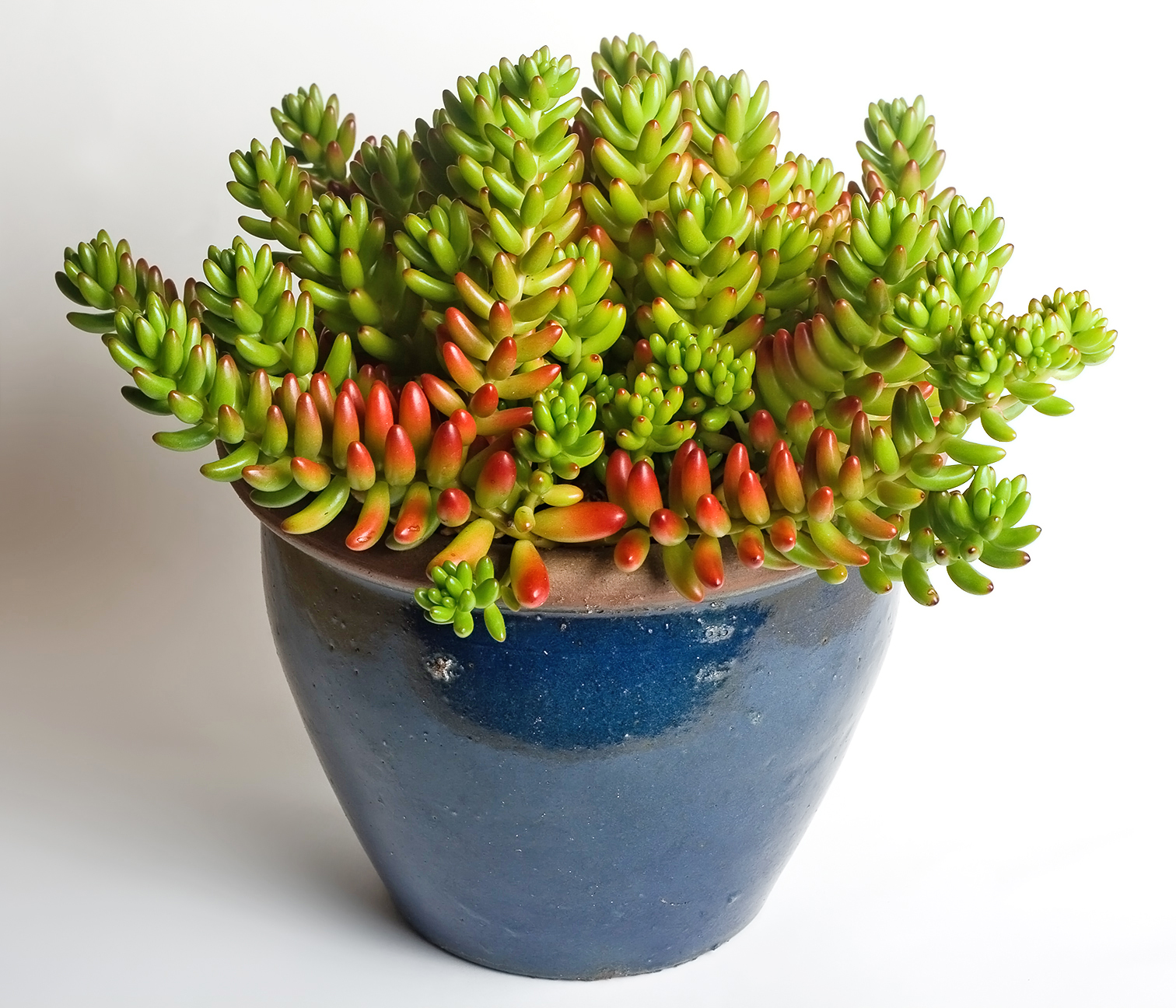Peatlands absorb and store large amounts of carbon dioxide, which is incredibly useful in tackling climate change. The government aimed to ban the use of peat in compost by 2024 – although that has been extended until 2030.
The trend of bringing the outdoors inside through the use of houseplants has been steadily growing in popularity in recent years. In particular, tropical houseplants have emerged as a popular choice for plant enthusiasts looking to add a touch of vibrancy and exotic beauty to their indoor spaces. These lush and vibrant plants not only add aesthetic appeal to a room but also offer a range of benefits for both physical and mental well-being.
Tropical houseplants are also known for their stress-relieving properties. Studies have shown that the presence of plants in indoor spaces can help to reduce stress, anxiety, and depression. The act of caring for plants can be therapeutic and grounding, allowing you to connect with nature and take a break from the demands of everyday life. The lush and vibrant foliage of tropical houseplants can also have a calming and uplifting effect, creating a peaceful and serene atmosphere in your home.
The firefly petunia glows gently green in the dark thanks to genes implanted in it taken from a bioluminescent mushroom, called Neonothopanus nambi which is found in Central and South America, Malaysia and Australia.
There is a wide variety of tropical houseplants to choose from, each with its unique characteristics and care requirements. Some popular choices include the lush and tropical monstera deliciosa, the colourful and easy-to-care-for calathea, and the striking and resilient fiddle leaf fig. Whether you prefer large statement plants or small, delicate specimens, there is a tropical houseplant to suit every taste and space.
While tropical houseplants are generally easy to care for, there are a few key factors to consider in order to ensure their health and vitality. First and foremost, tropical plants require sufficient light in order to thrive. While they can tolerate lower light conditions, they will grow more slowly and may not produce as many flowers or vibrant foliage. Place your tropical plants in a bright, indirect light to provide them with the energy they need to flourish.
5. Repotting: As tropical houseplants grow, they may outgrow their pots and become root-bound. Check the root system periodically and repot your plants into a larger container with fresh potting mix as needed.
Proper care and maintenance are essential for the health and longevity of tropical houseplants. Regular watering, fertilising, pruning, and repotting are all important tasks to ensure that your plants thrive and flourish. It is also essential to monitor for pests and diseases, as tropical houseplants are susceptible to attacks from insects like mealybugs, spider mites, and aphids. By regularly inspecting your plants for signs of trouble and taking prompt action to address any issues, you can help keep your tropical houseplants healthy and happy.
In conclusion, tropical houseplants are a wonderful addition to any indoor space, offering beauty, benefits, and a connection to nature. Whether you are looking to improve air quality, boost mental well-being, or enhance productivity, tropical houseplants are a versatile and rewarding choice. By selecting the right plants, providing them with proper care and maintenance, and enjoying the beauty and benefits they bring, you can create a lush and vibrant indoor oasis that will delight and inspire you for years to come.
One of the key benefits of tropical houseplants is their ability to purify the air. In today’s increasingly polluted world, indoor air quality is a growing concern for many people. Tropical houseplants, however, act as natural air purifiers by absorbing toxins and emitting oxygen, creating a healthier living environment for inhabitants. Plants such as peace lilies, spider plants, and snake plants are particularly effective at removing common indoor pollutants like formaldehyde, benzene, and trichloroethylene.
Furthermore, tropical houseplants can enhance productivity and concentration in indoor environments. Research has demonstrated that the presence of plants in workspaces can improve focus, creativity, and cognitive function, leading to increased productivity and efficiency. By creating a more inviting and naturalistic atmosphere, tropical houseplants can help individuals feel more connected to their surroundings and motivated to work.
When selecting tropical houseplants for your home, it is essential to consider factors such as light levels, humidity, and temperature. Most tropical plants thrive in bright, indirect sunlight and require regular watering to keep their soil moist but not waterlogged. Humidity-loving plants like ferns and orchids may benefit from misting or a humidifier to create the ideal growing conditions. It is also important to avoid exposing tropical houseplants to drafts, cold temperatures, or sudden changes in environment, as this can stress the plants and lead to health problems.